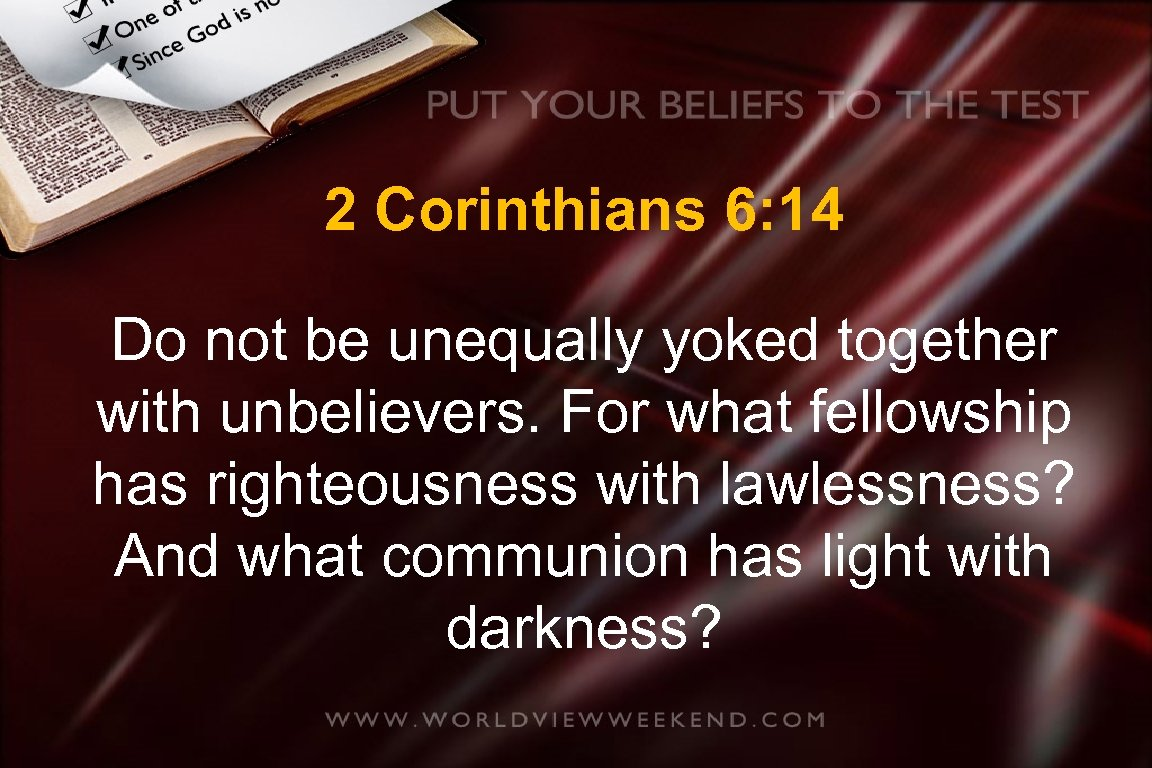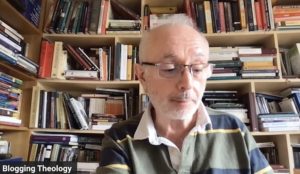There is an entire cottage industry of Islamic apologists who claim to know Christianity better than Christians themselves do; their arguments in this line usually consist of quoting various passages from the Mosaic Law and claiming that the Christians are dishonest or ignorant when they insist that such passages do not apply to Christian belief and practice, and never has.
Recently one of these Islamic apologists, Paul Williams, who professes to be an ex-Christian, published a video claiming that what I stated on the Patrick Bet-David podcast recently is false: that Christians do not consider Deuteronomy 13:6-11 to be a law they are bound to follow, and never have. That passage says this: “If your brother, the son of your mother, or your son, or your daughter, or the wife of your bosom, or your friend who is as your own soul, entices you secretly, saying, `Let us go and serve other gods,’ which neither you nor your fathers have known, some of the gods of the peoples that are round about you, whether near you or far off from you, from the one end of the earth to the other, you shall not yield to him or listen to him, nor shall your eye pity him, nor shall you spare him, nor shall you conceal him; but you shall kill him; your hand shall be first against him to put him to death, and afterward the hand of all the people. You shall stone him to death with stones, because he sought to draw you away from the LORD your God, who brought you out of the land of Egypt, out of the house of bondage. And all Israel shall hear, and fear, and never again do any such wickedness as this among you.”
In making his case, Williams makes arguments that are common among Islamic apologists, claiming that Christians are, in fact, actually bound to keep the Mosaic Law. This betrays a fundamental misunderstanding of Christianity and unfamiliarity with both its scriptures (aside from a few proof texts cited with no genuine understanding of the way they’re understood in Christian theology) and its history. Williams is apparently unacquainted with Acts 10 and Acts 15 and should read and ponder them if he really has any interest in understanding the basic Christian position on the Mosaic Law.
Williams also cites Thomas Aquinas’ argument in favor of the execution of heretics, claiming that it was the Catholic Church’s teaching at the time. There are several fundamental problems with this:
1. Aquinas, though he cites numerous scriptural passages in making this argument, does not mention Deuteronomy 13:6-11. Why not? Contrary to Williams’ claim, even Christians in the High Middle Ages who believed heretics should be executed did not believe that passage to have mandated a practice that was valid for all time. Aquinas clearly did not think that a localized command God issued to the Israelites to execute His wrath upon a particular group of people had any relevance to the question of whether or not heretics should be executed.
2. Aquinas’ position was never the teaching of the Roman Catholic Church. The common claim that the Fourth Lateran Council in 1215 endorsed the execution of heretics is based on a mistranslation. The 1911 (that is, before the modern-day madness) Catholic Encyclopedia states: “Canon law has always forbidden clerics to shed human blood and therefore capital punishment has always been the work of the officials of the State and not of the Church. Even in the case of heresy, of which so much is made by non-Catholic controversialists, the functions of ecclesiastics were restricted invariably to ascertaining the fact of heresy. The punishment, whether capital or other, was both prescribed and inflicted by civil government.”
3. Williams claims that at the time Aquinas wrote (he died in 1274), the Roman Catholic Church was the only Church. Then, perhaps aware of how false his statement was, quickly amends it to the claim that the Roman Church was the only Church in Europe at the time. He is either unaware of the existence of the Orthodox Church (as well as other Churches, such as the Coptic Church, the Assyrian Church of the East, and many more), or ignorant of the fact that Orthodoxy was quite prevalent in European Russia and Southeastern Europe at the time of Aquinas.
Aside from its numerous inaccuracies, however, the worst part of Williams’ video is the underlying reason why he considered it important to make it: he wants to justify the murder of those who leave Islam today, as his friends Daniel Haqiqatjou and Jake Brancatella did on the Bet-David podcast. While the Roman Catholic Church, as well as other Churches, through long meditation on the implications of the idea that human beings are made in the image of God and have equal dignity before Him, have decisively rejected coercion and force in matters of faith, Williams and his coreligionists want to justify and normalize the idea that people should be forced and even terrorized (as per Qur’an 3:151, 8:12, and 8:60) to remain in Islam. Underneath the calm veneer of intellectual debate, Williams’ agenda is nothing short of monstrous.

